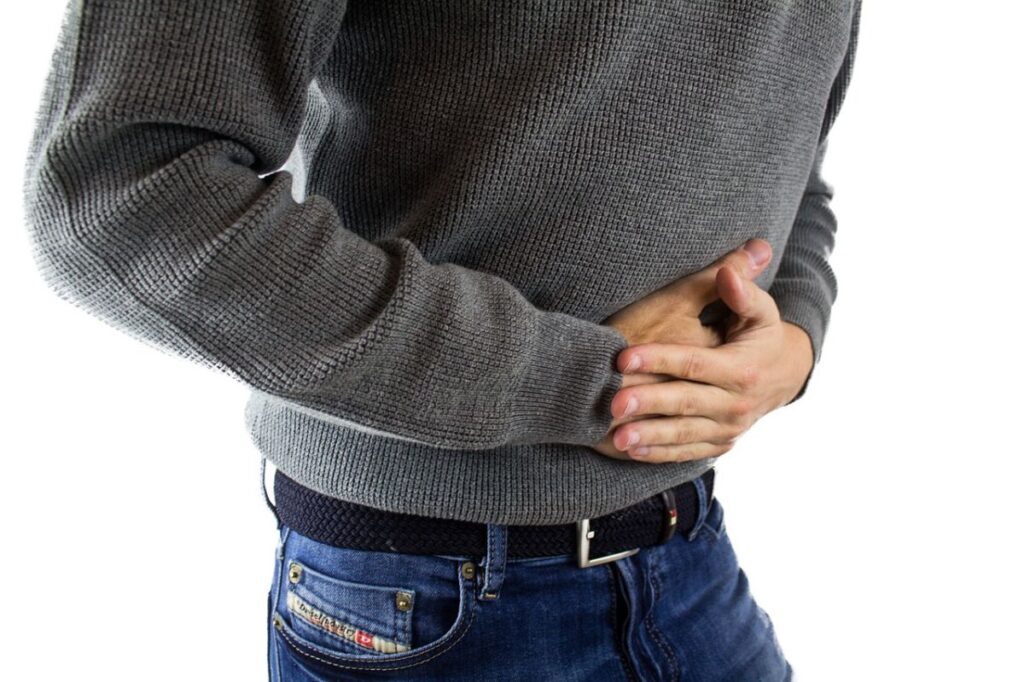
Food poisoning is a significant health issue worldwide, particularly during the summer months. Dr. Murat Karakoç, an Internal Medicine Specialist at Acıbadem Beylikdüzü Surgical Medical Center, highlights that according to estimates by the World Health Organization and other health authorities, approximately 600 million people globally suffer from food poisoning each year.
Dr. Karakoç states, “Around 420,000 people die each year due to food poisoning, with most of the victims being children, the elderly, and patients using immune-suppressing drugs such as chemotherapy or immunotherapy.” According to the Ministry of Health data, 18,314,239 people were admitted to hospitals due to foodborne illnesses between 2015 and 2020 in our country, and 1,714 people lost their lives.
Microbes Multiply Rapidly in Hot Weather
Dr. Karakoç points out that the increase in food poisoning cases during the summer is significantly influenced by high temperatures, stating, “During the summer, the rise in air temperatures causes bacteria, viruses, and parasites to multiply more rapidly and contaminate food more easily. Moreover, the increase in outdoor activities such as picnics, barbecues, and beach trips, especially in touristy and crowded areas where hygiene conditions are not observed, and the consumption of raw and undercooked foods also increase the frequency of food poisoning.”
Do Not Delay if You Experience These Symptoms!
The symptoms of food poisoning can appear a few hours or a few days after consuming spoiled food. Dr. Karakoç notes that the symptoms can be mild or severe, stating, “Mild symptoms include nausea, vomiting and diarrhea less than five times a day, abdominal pain and cramps, mild fever, headache, weakness, fatigue, and loss of appetite. Severe symptoms include persistent vomiting, severe abdominal pain and cramps, high fever above 38°C, bloody diarrhea, decreased urine output due to severe dehydration, dry mouth, dizziness, fainting, shortness of breath, and chest pain.”
Prevent Long-Term Health Problems!
Dr. Karakoç warns that in the presence of severe symptoms, immediate medical attention is necessary, stating, “Food poisoning is a significant issue. In severe cases, especially in children, the elderly, and individuals with weakened immune systems, it can be fatal. Some pathogens can cause serious and long-term health problems. For instance, food poisoning caused by the O157 strain of E. Coli bacteria can lead to permanent kidney failure, requiring lifelong dialysis treatment. Infections caused by pathogens like Yersinia enterocolitica, Shigella, and Salmonella can lead to various joint diseases such as reactive arthritis.”
10 Effective Measures Against Food Poisoning
Internal Medicine Specialist Dr. Murat Karakoç lists the measures we should take against food poisoning:
Be Careful When Purchasing Food!
- Do not buy food past its expiration date.
- Ensure that the packaging of packaged products is intact and undamaged.
- Do not use swollen or damaged canned products.
- Buy meat and meat products from reliable sources.
- Avoid cracked, broken, or dirty eggs.
Maintain the Cold Chain
- Especially for products like meat, meat products, and poultry that frequently cause food poisoning, maintaining the cold chain is important. Make sure the cold chain of frozen foods has not been broken.
Wash Hands After Touching Raw Meat and Eggs
- Wash your hands with hot, soapy water for at least 20 seconds before preparing food.
- Always wash your hands with hot, soapy water after touching raw meat and fish.
Clean Kitchen Utensils with Hot Water
- Regularly clean kitchen counters, cutting boards, and other kitchen equipment with hot water and soap.
Do Not Wash Raw Meat Before Cooking
- Do not wash red meat, fish, and poultry before cooking.
Keep These Foods Separate!
- Keep raw foods separate from cooked foods.
Use Separate Knives for Meat and Vegetables
- Cut meats and vegetables on separate counters and with different knives.
Cook Foods to the Right Temperature
- Check the internal temperatures of foods with a thermometer.
Do Not Leave Food at Room Temperature for More Than 2 Hours
- Do not leave cooked food at room temperature for more than two hours.
Do Not Thaw Frozen Foods at Room Temperature
- Do not leave frozen foods to thaw at room temperature.
Store Dry Foods in the Dark
- Store dry foods in a dark place away from sunlight and at temperatures below 20°C.
